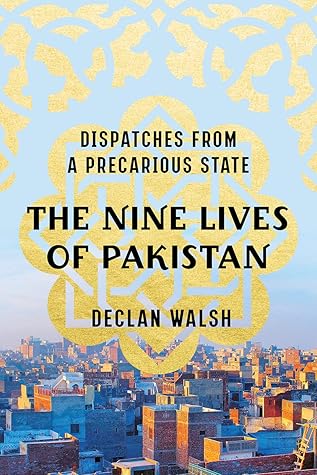More on this book
Community
Kindle Notes & Highlights
by
Declan Walsh
Read between
February 1 - March 12, 2023
When the ISI men come to the door, the illusion of a democratic state melts away. Nobody can stop them – no judge, no lawyer, no ambassador, not even a minister. The angels rule.
It started during the Cold War, in the 1950s, when the Americans ran a secret base in Peshawar from which Gary Powers, the pilot of a U-2 spy plane, took off before being shot down over the Soviet Union in 1960. The two countries forged a momentous partnership in the 1980s to expel the Soviets from Afghanistan, declaring victory in 1989. But barely a year later Washington slapped painful sanctions on Pakistan over its covert nuclear weapons programme. Stung, the Pakistanis
He sympathised with the politicians’ plight. It could cost tens of thousands of dollars to get elected in Pakistan, he said. Plates of steaming biryani had to be bought for tents filled with impoverished constituents; buses had to be hired to transport them to polling stations; cash handouts had to be provided to ensure their votes. Once in office, ‘they have to find a way to make the money back.’
It struck me that he wasn’t necessarily a fanatic – just a poor, disillusioned man with limited prospects, prone to prejudice and conspiracy theories, who, confronted with the great inequalities around them, saw in Islam an expression of rebellion.
For decades, Pakistanis had treated the tribal belt as a kind of lawless colony, famed for smuggling, hostage-taking and hashish production. The government exerted its authority through political agents like Khan and the maliks – handpicked elders whose loyalty was purchased with cash payments and sinecures.


